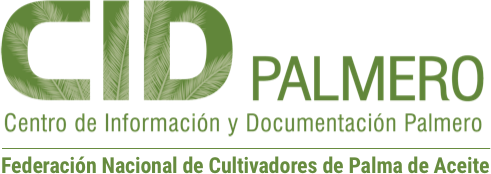| dc.creator | Erhan, Sevim Z., | |
| dc.creator | Bagby, Marvin O. | |
| dc.description | Printing ink vehicles that did not require petroleum components were prepared from modified vegetable oil. The apparent average molecular weight (Mw) of vehicles made from representative vegetable oils, suchg as soybean, sunflower, cottonseed, safflower and cano oils were compared by gel permeation chromatography (GPC), and a correlation between viscosity and apparent Mw of these vehicles was estableshed. Physical properties of the formulated inks meet or exceed the industry standards for lithographic and letterpress newsprint applications. Elimination of petroleum-based resing and reduced pgiment requirements, due to the light vehicle color should provide a competitively priced alternative to petroleum-based inks. These ink vehicles along with the commercial ones were subjected to biodegrations. Results whow that the vegetable-oil vehicles degrade faster and more completely than commercial soy- or mineral-oil based vehicles. Fermentations were sllowed to proceed for 5, 12 and 25 days. Both mon- and mixed cultures of microorganisms, which are commonly found in soils, were used. Greater increase in biodegradation with time was observed for our vehicles than the commercial vehicles. In 25 days, commercial mineral-oil based vehicles degrade 17-27% while commercial partial soy-oil-based vehucles degrade 58-68%and our 100% soy-oil-based vehicles degrade 82-92% | |
| dc.description | 19 ref. | |
| dc.description | Printing ink vehicles that did not require petroleum components were prepared from modified vegetable oil. The apparent average molecular weight (Mw) of vehicles made from representative vegetable oils, suchg as soybean, sunflower, cottonseed, safflower and cano oils were compared by gel permeation chromatography (GPC), and a correlation between viscosity and apparent Mw of these vehicles was estableshed. Physical properties of the formulated inks meet or exceed the industry standards for lithographic and letterpress newsprint applications. Elimination of petroleum-based resing and reduced pgiment requirements, due to the light vehicle color should provide a competitively priced alternative to petroleum-based inks. These ink vehicles along with the commercial ones were subjected to biodegrations. Results whow that the vegetable-oil vehicles degrade faster and more completely than commercial soy- or mineral-oil based vehicles. Fermentations were sllowed to proceed for 5, 12 and 25 days. Both mon- and mixed cultures of microorganisms, which are commonly found in soils, were used. Greater increase in biodegradation with time was observed for our vehicles than the commercial vehicles. In 25 days, commercial mineral-oil based vehicles degrade 17-27% while commercial partial soy-oil-based vehucles degrade 58-68%and our 100% soy-oil-based vehicles degrade 82-92% | |
| dc.language | EN | |
| dc.publisher | Amsterdam : Elsevier Science | |
| dc.relation | | |
| dc.subject | Aceite de soya | |
| dc.subject | Biodegradación. | |
| dc.subject | tintas | |
| dc.title | Vegetable-oil-based printing ink formulation and degradation. | |
| dc.type | text | |
| dc.identifier.url | https://catalogo.fedepalma.org/cgi-bin/koha/opac-detail.pl?biblionumber=22134 | |


